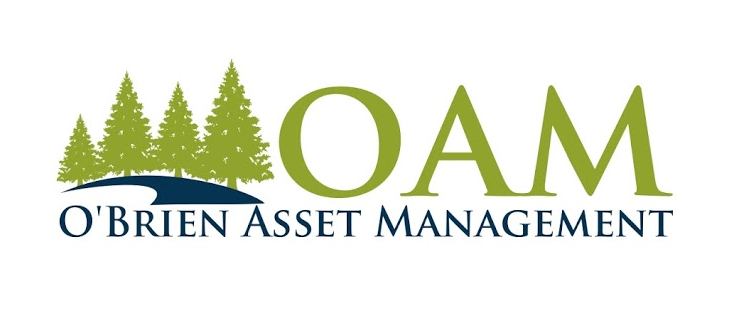Comprehensive retirement planning requires careful construction of an investment portfolio designed to provide a lifetime of sustainable income, but that is only part of the equation. Just as important to a successful outcome is the spending side. You can take months monitoring your spending habits and structuring a budget that seemingly covers everything, and then you have a record snowfall that destroys your roof. Or you need dental surgery. Or your roof collapses while you're having dental surgery. How do you plan for the unexpected?
Firstly, have a reserve fund (not just a miscellaneous line item) on your budget. It is recommended to have six months’ living expenses available while you're working; similarly, it makes sense to have this during retirement. Then, add to it every year, putting aside 10 percent of your retirement income, if possible. My parents lived in their house for 20 years after retiring and in that time replaced the roof, well, plumbing system, electrical system, furnace, and septic. Fortunately, they were able to do this over time to lessen the bite, but it was still a financial adjustment.
If you are planning to stay in your home, take stock as you get closer to retirement. If your roof is 20 years old, think about replacing it while you're working. The same with an old creaky furnace.
Healthcare costs also can come out of the blue. Be familiar with what Medicare will cover. It does not cover eye care, dental care, or long-term care, three variables that are likely to come into play as you get older. Also, know what the deductibles and co-pays are, and budget for them.
Fortunately, a chunk of healthcare risks can be insured away. Be sure to purchase a supplemental Medigap insurance policy that will cover a lot of the things that Medicare doesn't. Long-term care insurance, while expensive, can remove a lot of that worry too.
